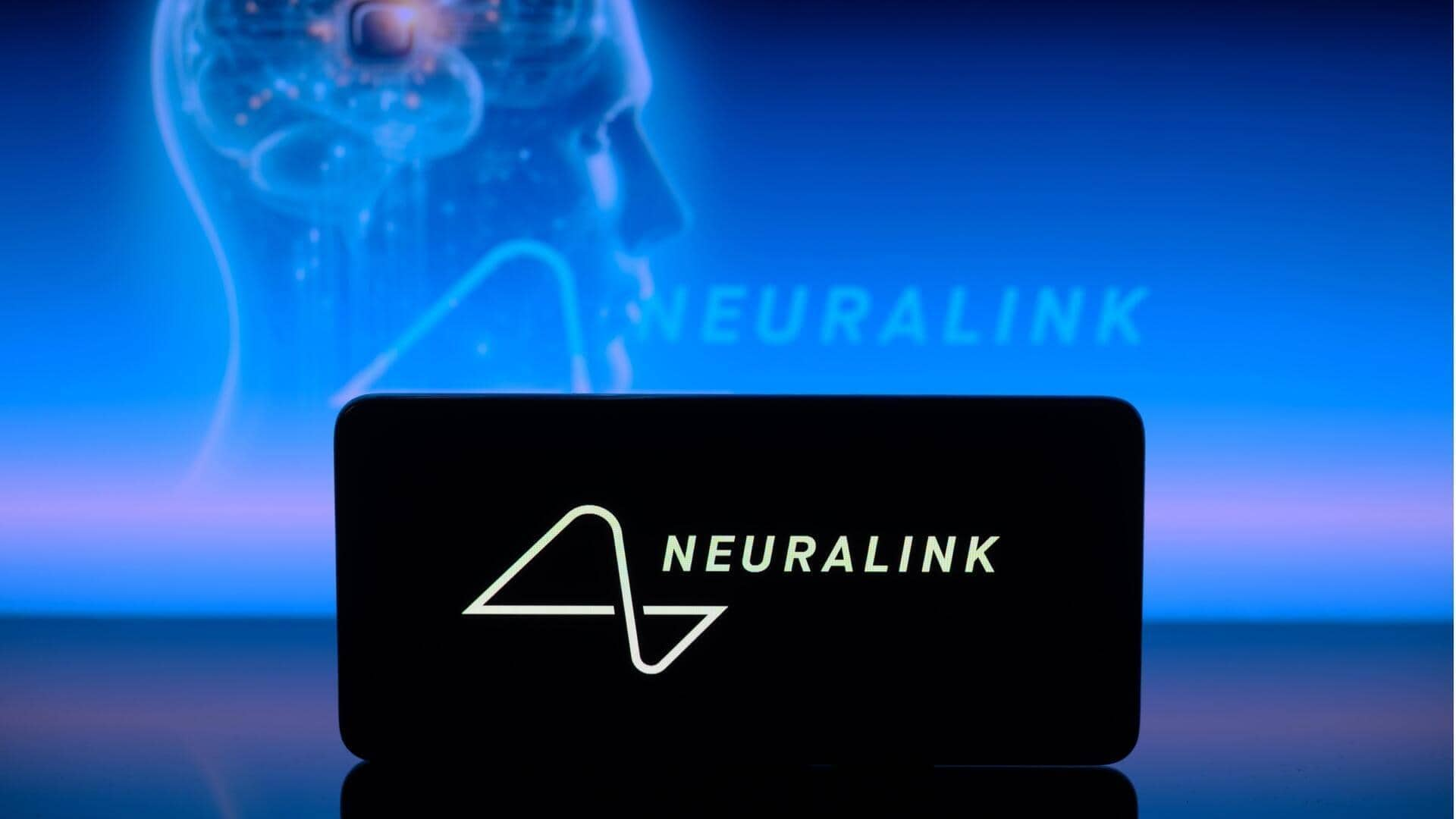
12 people now using Neuralink to control computers with thoughts
What's the story
Elon Musk's brain implant venture, Neuralink, has announced that its chips have been implanted in 12 people. The update comes as a major leap from the last announcement made in June when it was reported that only seven individuals suffering from severe paralysis had received these implants. The patients were already using them to control digital and physical tools with their thoughts.
Device usage
Implants used for over 15,000 hours
According to Neuralink, the 12 patients who have received their devices have had them for a total of 2,000 days. The collective usage time of these implants is over 15,000 hours. This data was shared by the company on its X account. The impressive numbers highlight the potential of Neuralink's technology in helping people with severe disabilities regain some level of control over their lives through thought-controlled digital and physical tools.
Technicality
How the implant works
Neuralink's system, "The Link" or "N1 Implant," uses these threads with electrodes to detect and record electrical signals produced by neurons. When a person thinks of an action, their neurons produce specific electrical patterns. The Neuralink implant captures these signals and transmits them wirelessly to an external device like a computer. Algorithms on this computer interpret the brain signals into commands that can operate digital interfaces.
Upcoming research
Neuralink to conduct clinical study in UK
In July, Neuralink announced plans to conduct a clinical study in the United Kingdom. The company will be partnering with University College London Hospitals and Newcastle Hospitals for this research. The study is part of Neuralink's efforts to further test and refine its brain implant technology, which has already shown promising results in initial human trials.
Financial backing
Funding boost for brain implant developer
In June, Neuralink secured a whopping $650 million in a funding round. The financial boost will help the company continue its research and development efforts on its brain implant technology. The journey to human trials for this innovative tech began in 2024 after Neuralink addressed safety concerns raised by the US Food and Drug Administration (FDA). In March, Musk announced plans to implant Neuralink's Blindsight—a brain chip designed to restore vision—into a human by the end of this year.